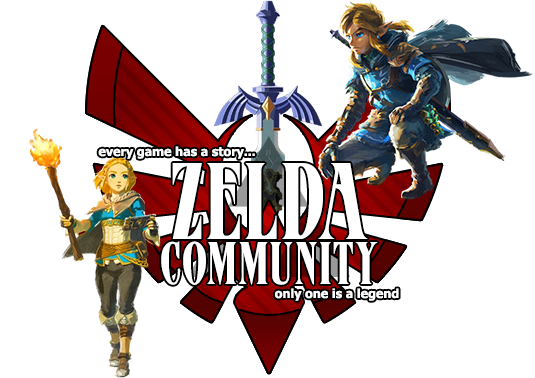Obviously, I'm not entirely uninvested in this topic. But in exploring what mental illness is all about, we're forced to confront some uncomfortable questions about the way our society wants to be.
The problem comes from the definition of what a mental illness is. The wikipedia definition is fairly standard:
Quote
A mental disorder (also called a mental illness, psychiatric disorder, or psychological disorder) is a diagnosis, most often by a psychiatrist, of a behavioral or mental pattern that may cause suffering or a poor ability to function in life.
Clearly, that's the vaguest of definitions. According to this, anything that you ever do wrong in life can be classed as mental illness. A person with a pattern of making the wrong decisions (whether it harms others or only themselves) can be called mentally ill, based on this definition.
Take my own condition as an example. It's a processing disorder, which means I cannot process information efficiently. That counts as a mental illness, when contrasted with people who can process information efficiently. Confusingly, this doesn't work in reverse, when I compare my strengths to other people's weaknesses. I have a very good ability to retain information. Does that mean that people who don't, who aren't academically minded, have a mental illness in that they can't do what I can? A great many people's self-esteem is coroded by their lack of academic prowess, as well as the great deal of joy denied to them that is available to me. Perhaps they are not regarded as mentally ill because they are the majority rather than the minority. If being a minority is a requirement of mental illness, then any weakness that you may have which is relatively unique to you can be called an illness. We are all, therefore, mentally ill.
I think we all implicitly accept that a 'mental illness' is no more than a short-hand for a list of mental categories. What the difference is between a mental illness and a personality type or a skills profile is beyond me, as every individual carries their own unique set of challenges. But so far, so irrelevant.
Where this all gets very thorny is when you get into mental conditions which affect the people around you. I would argue that making moral judgements of people is (sadly) necessary for society to function. It's a way of confirming to each other that we, as a culture, agree that certain things are wrong. The lady on the news who abused her children. The murdering rapist. They are targets of hatred and anger. They also, by any definition, have a mental illness - their mental disposition has certainly given them a poor ability to function in life. But our rules say we're not allowed to judge people for having a mental illness. Or my ex, who was a nasty piece of work. It was pointed out to me that I shouldn't be so hard on her, because she'd been diagnosed with a psychiatric condition. My reponse was: "So not only am I right about her, it's been scientifically proven." It wasn't the most popular of statements.
We seem to be forced into a logical dichotomy: Forgive mental illness and live in an amoral society, or to enforce ethical standards and, by definition, judge mental illness.

